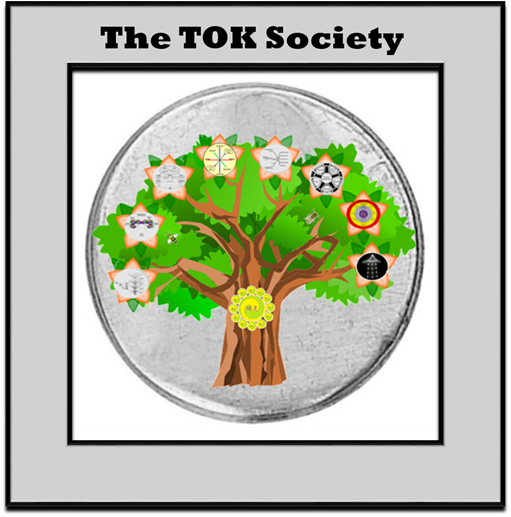The Theory of Knowledge Society consists of a group of scholars and students who are interested in “meta” perspectives on theory, knowledge, and values. Currently, human knowledge exists in a state of “fragmented pluralism,” such that there is a seemingly endless number of perspectives on knowledge and values with virtually no coherence or unity or shared language game to frame our general understanding. Although forced “top down” approaches to knowledge construction should always be resisted by free academic inquiry, it nevertheless must also be recognized that fragmented pluralism is deeply problematic in terms of its capacity to educate citizens and foster a coherent understanding of the world and humanity’s place in it. Consistent with this claim is the fact that many scholars have noted a crisis of meaning making in modern society, and a dramatic rise of anti-intellectual “know nothings” and “post-fact” attitudes, resulting in much cultural chaos and future uncertainty.
The Theory of Knowledge held its first conference in April, 2018, and the program is shared below. The powerpoints of the conference presentations are found under the TOK conference presentations. There are plans for future conferences. There is also an active TOKSociety Listserve. If you are interested in the Society, please contact Gregg Henriques at [email protected].
To go to the presentations, click here
The Theory of Knowledge held its first conference in April, 2018, and the program is shared below. The powerpoints of the conference presentations are found under the TOK conference presentations. There are plans for future conferences. There is also an active TOKSociety Listserve. If you are interested in the Society, please contact Gregg Henriques at [email protected].
To go to the presentations, click here


